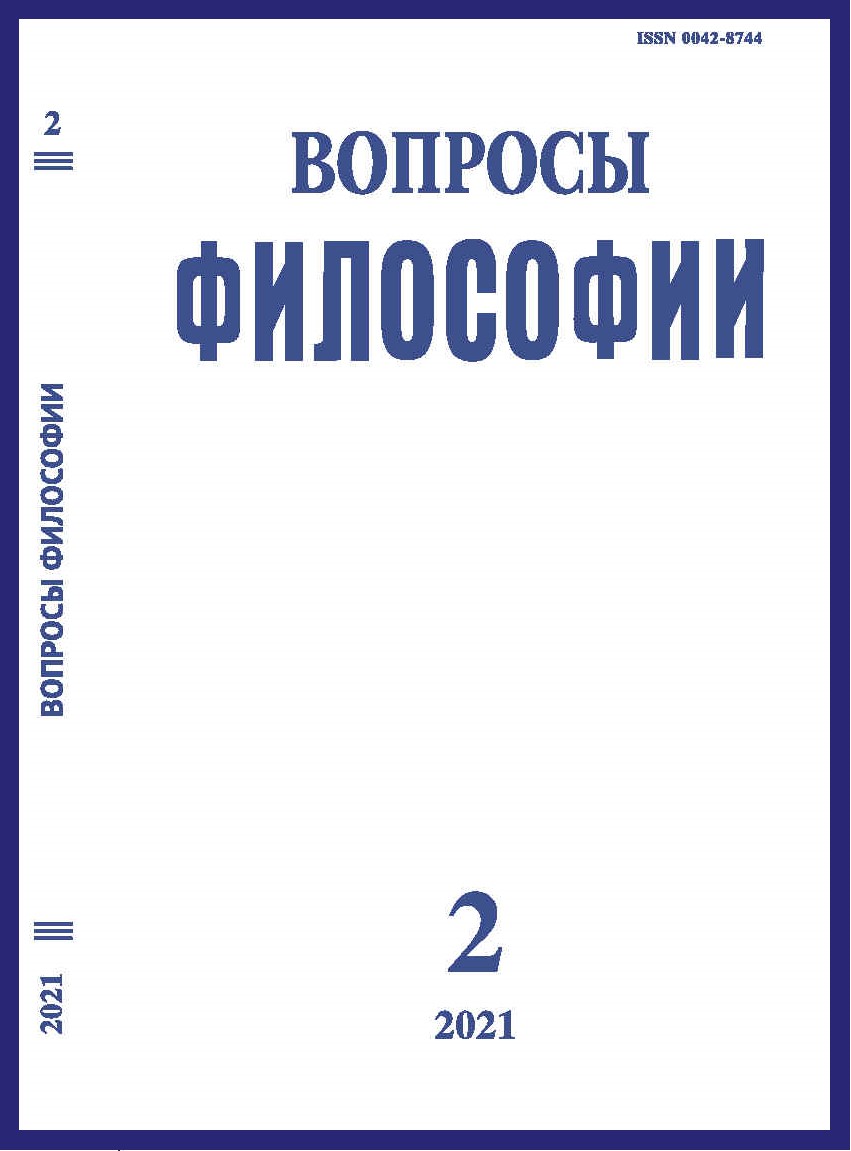Platonic Strategy in Byzantium“Power in Literature and Philosophy”
DOI:
https://doi.org/10.21146/0042-8744-2021-2-203-212Keywords:
Платон, платонизм, византийская философия, литературократия, ПселлAbstract
The article attempts to address the principles of Plato’s teaching in order to indicate the influence of the platonic way of philosophizing on Byzantine philosophical practices. The problem of the difference of interpretations of essential moments of Plato’s teaching is raised, bit for the solution of reception of a dialogue form of this teaching, its main sense and strategies, a generalized image of platonism is created. The appeal to Byzantine reality demonstrates the mixture of cultural fields of literature, religion and philosophy, which develops an axiological manner of writing, requiring a thorough assessment of the text and its content. The overview of “power in literature and philosophy” in Byzantine represents the simultaneity of literary, philosophical and theological works relevant for this period of time with the standards of the living tradition of platonic and neoplatonic classics. At the end of the article there are examples of direct interpretation of some statements of Plato by Michael Psellos.

